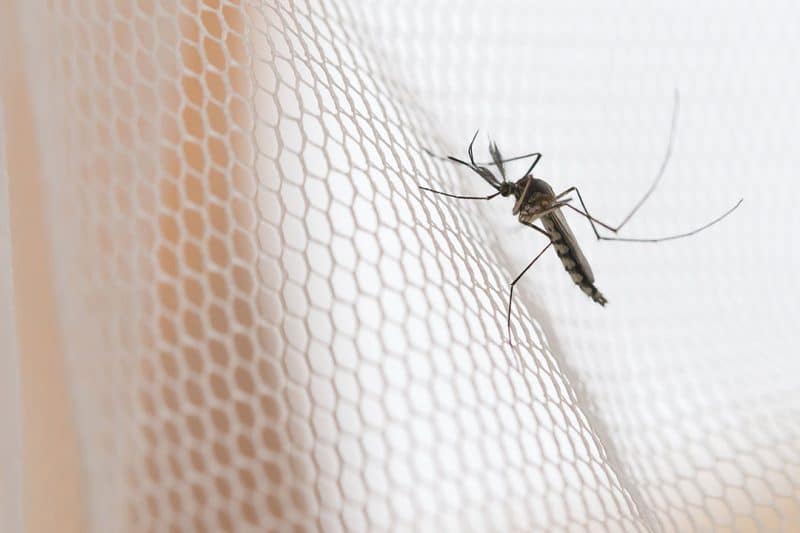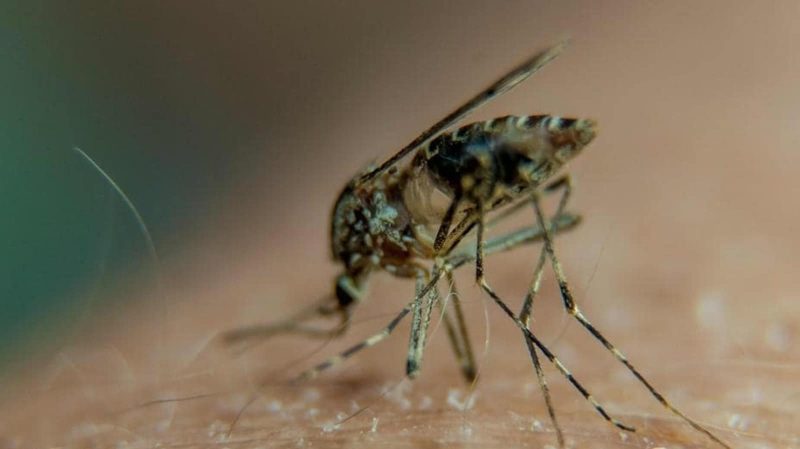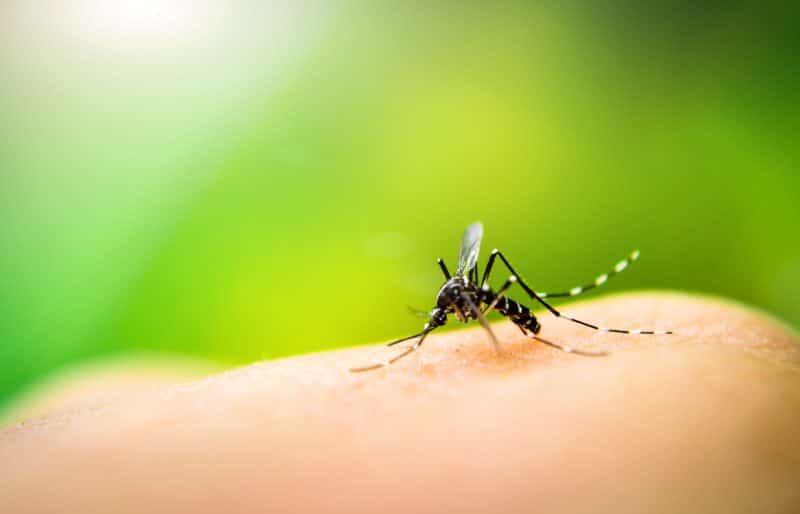Viruses that can cause Zika and dengue can control how the host smells to attract more mosquitoes. Studies show that this is advantageous to the virus because the mosquito can transmit it to animals and humans. This strategy helps explain how mosquito-borne diseases spread efficiently.
The Viruses

The most concerning viruses are dengue and Zika which come from the same family of viruses. Dengue is found in subtropical and tropical climates. It causes hemorrhage, rashes, and aches. Death may also occur if the case is severe and untreated. Zika causes birth defects in developing fetuses of infected mothers.
Delicious Smell
Research shows that mice and humans produce a chemical that makes them smell appetizing to mosquitoes if they are infected with Zika and dengue viruses. Scientists know that some pathogens can manipulate a host’s scent. A trial brought two groups of mice into the lab. One group was uninfected. The other one was infected. The mosquitoes were released and chose their meal source. The mosquitoes moved immediately toward the mice infected with the viruses. This suggested that the infected mice smelled more delicious to the mosquitoes than the uninfected ones.
Studies show that acetophenone stimulated the sense of smell of the mosquitoes. This chemical occurs naturally in cauliflower, apples, bananas, apricots, cheese, and beef. The scientists isolated this chemical secreted by the hosts infected by the viruses. They smeared mice and humans with this chemical. Almost instantly, the mosquitoes flew in their direction.

When Viruses Manipulate Humans
Scientists discovered that the high levels of acetophenone were brought about by the interaction of the host’s skin bacteria, mosquitoes, and viruses. The human skin’s bacteria produce acetophenone. This is regulated by a natural antibiotic from the skin cells. Research shows that the gene that produces the antibiotic protein was less active when viruses inhabit the host. This causes an increase in acetophenone production, which attracts female mosquitoes. This leads scientists to conclude that the viruses can weaponize the host’s odor for them to spread.

Possible Prophylactic
Many people are infected by dengue, Zika, and malaria viruses each year. That is why limiting mosquito bites is important. A study proposed the intake of isotretinoin, which is an acne medication from Vitamin A. During this trial, scientists fed infected mice isotretinoin. When the mosquitoes were released, the insects did not pay much attention to the treated mice. This may be an effective way to stop the spread of mosquito-borne viruses in the future.
Reducing Odors That Attract Mosquitoes
Scientists believe that the skin has a microbe-fighting molecule called RELMα. Research shows that the Zika and dengue prevent the suppression of this molecule’s production. This makes the host more vulnerable to viral infection. Because of recent developments in this research, scientists discovered that a vitamin A derivative can boost the production of RELMα and good bacteria on the skin.

Mosquito-borne infections cause pain and death in many corners of the world. It is not enough to exterminate mosquitoes because they reproduce rapidly. Mosquitoes are also developing a resistance to pesticides. This makes the spread of these viruses easier and faster than ever. Knowing about acetophenone may help the fight against these diseases. It may lead to a safer world, free of viral pathogens.